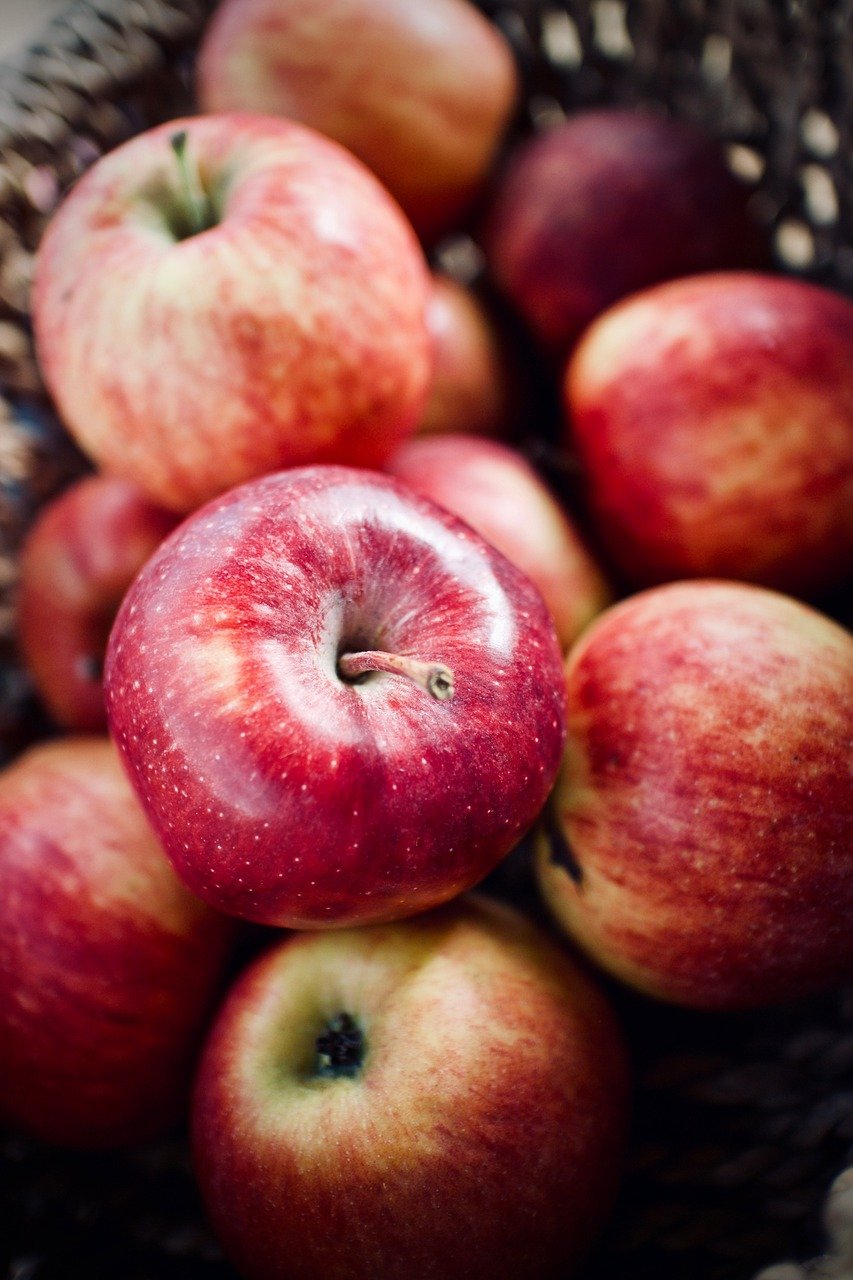
Are You Getting Enough Nutrients from Whole Foods?
Nutrients are essential for your overall health and well-being. Consuming a variety of whole foods is one of the best ways to ensure that your body is getting all the essential vitamins, minerals, and other nutrients it needs to function properly. In this article, we will explore some of the best whole food sources for a variety of nutrients to help you make informed choices about your diet.
Importance of Whole Food Sources
Whole food sources are foods that are minimally processed and retain their natural nutrients and fiber content. Unlike processed foods, whole foods provide a wide range of essential nutrients in their natural form, making them more beneficial for your health. By incorporating whole food sources into your diet, you can ensure that you are getting a variety of nutrients for optimal health.
Essential Nutrients Found in Whole Foods
Whole foods are rich in essential nutrients such as vitamins, minerals, antioxidants, and fiber. These nutrients are crucial for various bodily functions, including immune support, energy production, and disease prevention. By choosing whole food sources over processed foods, you can maximize the intake of these essential nutrients for better overall health.
Best Whole Food Sources for Essential Nutrients
Here are some of the best whole food sources for essential nutrients:
| Nutrient | Whole Food Sources |
|---|---|
| Vitamin C | Citrus fruits, bell peppers, kiwi, strawberries |
| Vitamin D | Fatty fish (salmon, tuna), egg yolks, mushrooms |
| Calcium | Dairy products, leafy green vegetables, tofu |
| Iron | Red meat, poultry, beans, lentils |
| Omega-3 fatty acids | Chia seeds, flaxseeds, walnuts, fatty fish (salmon, mackerel) |
| Fiber | Whole grains, fruits, vegetables, legumes |
Vitamin C
Vitamin C is an essential nutrient that plays a vital role in immune function, skin health, and collagen production. Citrus fruits such as oranges, lemons, and grapefruits are excellent sources of vitamin C. Other whole food sources of vitamin C include bell peppers, kiwi, and strawberries. Including these foods in your diet can help boost your vitamin C intake.
Vitamin D
Vitamin D is crucial for bone health, immune function, and mood regulation. Fatty fish like salmon and tuna are among the best whole food sources of vitamin D. Egg yolks and mushrooms also provide small amounts of vitamin D. It is essential to include these whole foods in your diet, especially if you live in areas with limited sunlight exposure.
Calcium
Calcium is essential for strong bones and teeth, muscle function, and nerve transmission. Dairy products such as milk, cheese, and yogurt are rich sources of calcium. Leafy green vegetables like spinach and kale, as well as tofu, are excellent non-dairy sources of calcium. Including a variety of these whole foods can help ensure that you are meeting your daily calcium needs.
Iron
Iron is necessary for blood production and oxygen transport throughout the body. Red meat, poultry, beans, and lentils are some of the best whole food sources of iron. Consuming iron-rich foods with vitamin C-rich foods can enhance iron absorption in the body. Including a mix of these whole foods in your diet can help prevent iron deficiency.
Omega-3 Fatty Acids
Omega-3 fatty acids are essential for brain health, heart health, and reducing inflammation in the body. Chia seeds, flaxseeds, walnuts, and fatty fish like salmon and mackerel are excellent whole food sources of omega-3 fatty acids. Including these foods in your diet can help increase your intake of these essential fats and promote overall well-being.
Fiber
Fiber is crucial for digestive health, weight management, and regulating blood sugar levels. Whole grains like oats, barley, and quinoa, as well as fruits, vegetables, and legumes, are rich sources of fiber. Consuming a variety of these whole foods can help you meet your daily fiber goals and support a healthy gut microbiome.

Incorporating Whole Food Sources into Your Diet
Now that you know about some of the best whole food sources for essential nutrients, here are some tips on how to incorporate them into your diet:
Meal Planning
Plan your meals ahead of time to include a variety of whole foods rich in essential nutrients. Include a mix of fruits, vegetables, whole grains, lean proteins, and healthy fats in your meals to ensure that you are getting a wide range of nutrients.
Snack Smart
Opt for whole food snacks like nuts, seeds, fruits, and yogurt instead of processed snacks like chips and cookies. Snacking on whole foods can help curb cravings, provide sustained energy, and support overall health.
Cooking at Home
Cooking meals at home using whole food ingredients allows you to control the quality and quantity of nutrients in your food. Experiment with different recipes that incorporate whole food sources to make your meals more nutritious and flavorful.
Shopping Smart
When grocery shopping, focus on purchasing whole foods like fresh fruits and vegetables, whole grains, lean proteins, and dairy products. Avoid processed foods with added sugars, salt, and unhealthy fats to prioritize whole food sources in your diet.
Supplements
While whole foods are the best sources of essential nutrients, some people may require supplements to meet their daily requirements. Consult with a healthcare provider or a registered dietitian to determine if you need any supplements and which ones are suitable for you.

Conclusion
Incorporating a variety of whole food sources into your diet is essential for ensuring that you are getting all the essential nutrients your body needs to thrive. By consuming a balanced diet rich in whole foods, you can support your overall health, prevent nutrient deficiencies, and promote well-being. Make informed choices when it comes to your diet and prioritize whole food sources for optimal nutrition and vitality.








